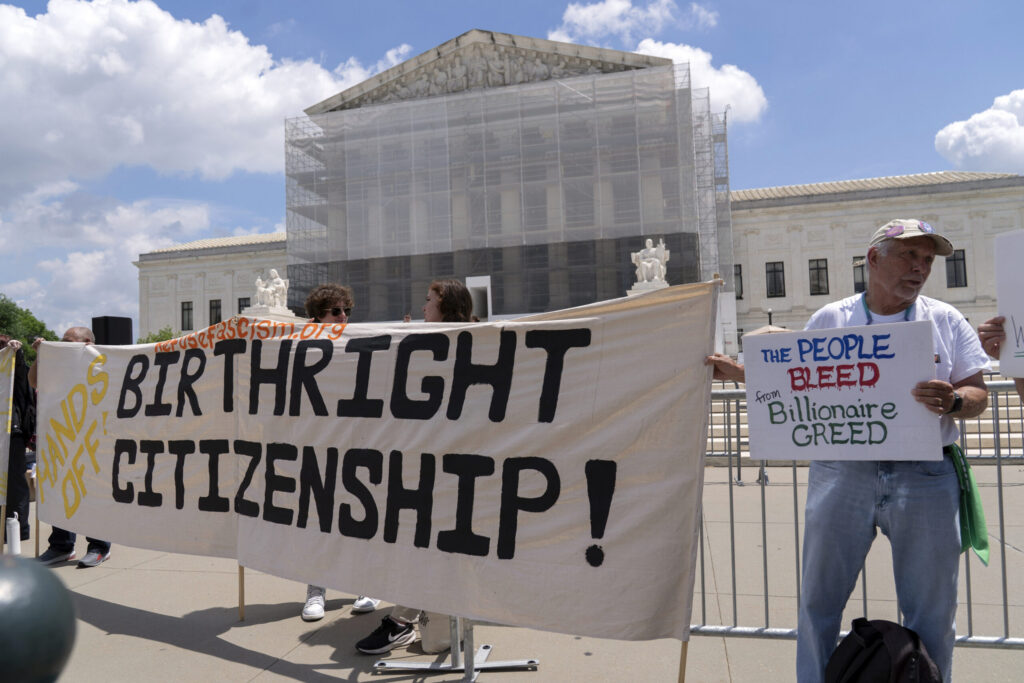Senate considers bill to increase efficiency of U.S. food donations to poor countries
WASHINGTON – Witnesses at a U.S. Senate hearing Thursday said inefficiencies in a food aid program are depriving millions of children in poor countries of essential nutrition.
Even farmers in agricultural states say the Food for Peace program needs reforms, according to witnesses at the Senate Foreign Relations Committee hearing.
Colorado U.S. Sen. Cory Gardner is a member of the committee. A small part of the wheat and other food distributed under the program comes from Colorado.
The committee is considering a proposal to eliminate rules requiring that food given to the needy countries be grown in the United States and that at least half of it be shipped by U.S.-flagged vessels.
“Because of these utterly ridiculous requirements, only 35 to 40 cents of each dollar is actually used to provide food to people who are starving,” said Sen. Bob Corker, chairman of the Senate Foreign Relations Committee.
Countries that have received food under the half-century old Food for Peace program in recent years include South Sudan, Nigeria, Somalia, Yemen and Haiti.
The United States is the world’s largest provider of food donations to poor countries.
U.S. Agency for International Development officials said they pay $135 per ton to ship food on U.S.-flagged ships but an average of $65 per ton for foreign-flagged ships. They blamed higher labor and other costs for the more expensive U.S. ships.
In addition, they said the $1.4 billion a year they spend to buy U.S.-grown grains and other commodities could purchase larger amounts of food if it was purchased in the poverty-stricken countries.
The purchases could strengthen the agriculture industry in the foreign countries rather than hurting it through competition with U.S. farmers, they said.
Corker, R-Tenn., said savings from eliminating the inefficiencies could feed an additional 9.5 million people a year and save the lives of about 40,000 starving children.
Five ships owned by two American corporations carry about two-thirds of the food shipped with U.S.-flagged ships,
“I can’t imagine why we cause people around the world to starve just to support two companies based in New York,” Corker said.
International relief organizations report that U.S. food aid is more than a charitable venture.
“Feeding people and providing needed food aid programs are a critical component of our national security,” said Ryan Quinn, senior policy advisor for the Washington-based nonprofit group Bread for the World.
Hunger in needy countries can lead to anti-American extremism, he said.
“By providing critical food aid to needy populations, we are creating a more stable world for Americans,” Quinn told Colorado Politics.











